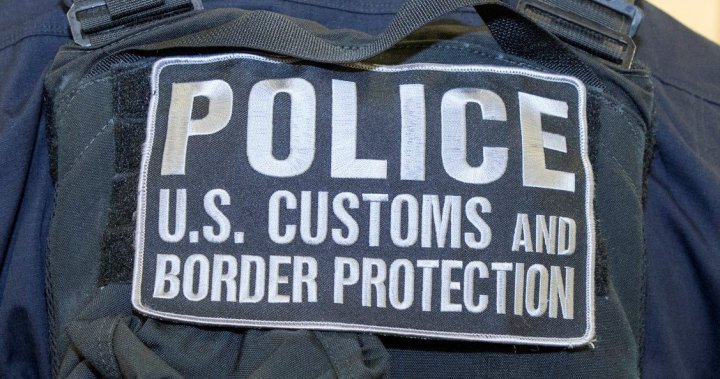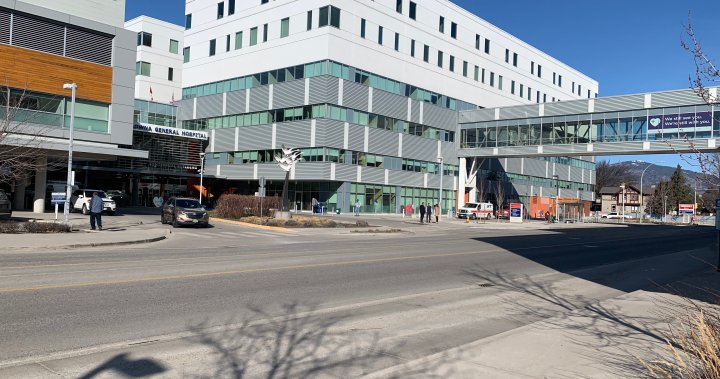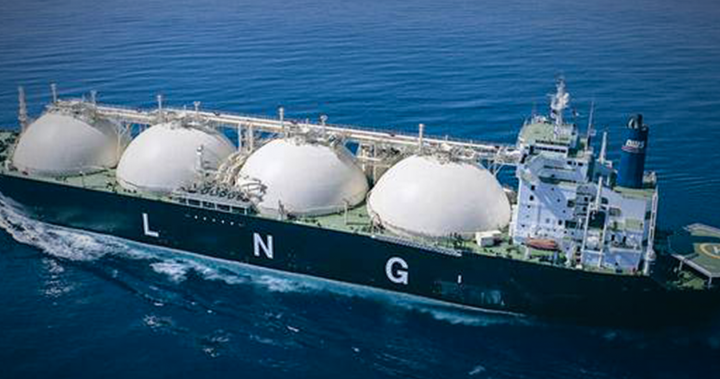A routine food delivery or simple shopping trip has turned into a costly mistake for many U.S. individuals and families travelling near the Canadian border lately.
In recent months, a growing number of cases have surfaced involving people without legal status being detained in the United States after accidentally crossing into Ontario through a Canada-U.S. land border.
One of the most recent cases that has gained significant attention involves Ricardo Jesus Prada Vasquez, a Venezuelan national who made a wrong turn while delivering McDonald’s in Detroit in January.
According to the Department of Homeland Security, Prada was stopped at the Detroit-Windsor Tunnel while attempting to re-enter the U.S.
“Further investigation resulted in Prada being designated a public safety threat,” the agency said in a post on X on April 22, and Prada was deported to El Salvador.
Between January and March 2025, more than 210 people, including families with young children, were detained at the Ambassador Bridge and other Ontario border crossings, U.S. Democratic Rep. Rashida Tlaib told Global News in a statement. She said more than 90 per cent of those who were detained had arrived at the border by accident.
U.S. Customs and Border Protection (CBP) confirmed to Global News it has seen a number of such cases.

Get breaking National news
For news impacting Canada and around the world, sign up for breaking news alerts delivered directly to you when they happen.
“Wrong turns happen occasionally,” a CBP spokesperson said.
“We are aware of instances where individuals, including illegal aliens, have made unintended entries into Canada from Michigan ports of entry, or attempted to re-enter the United States without proper documentation.”
Recently, Guatemalan woman and her two U.S.-born children were detained after following GPS directions to a Costco in Canada. They were held in a CBP facility for nearly a week.
“A wrong turn at the border should not lead to disappearance,” Tlaib added.
“It is outrageously cruel and inhumane to hold families at our northern border.”
The Canada Border Services Agency (CBSA) told Global News travellers who arrive at the Canadian border in error are processed like any other traveller.
“Arriving at a Canadian port of entry unintentionally does not in itself make a traveller inadmissible nor provide grounds for enforcement action,” a CBSA spokesperson said.
“They may be permitted to withdraw their application to enter Canada and leave voluntarily.”
Once returned to the U.S., however, the consequences can be severe, depending on the individual’s legal status.
CBP emphasized regardless of someone crossing the border intentionally or not, they could be subject to consequences like deportation. The spokesperson added U.S. entry points are clearly marked with overhead signage and road markings to prevent accidental crossings.
“If an alien cannot provide valid documentation or establish a lawful basis to enter or remain in the United States, they may be deemed inadmissible under the Immigration and Nationality Act and subject to removal proceedings following due process,” they said.
The agency also noted that approximately one million individuals enter the U.S. each day at ports of entry across the country, the vast majority without incident.
But advocates argue that the current response has some gaps, and that CBP is detaining people, including children, for days at a time in facilities not equipped for long-term stays.
The ACLU of Michigan and the Michigan Immigration Rights Centre have filed public records requests demanding transparency, alleging that detained families were held in windowless rooms, fed only microwaved food, and denied contact with the outside world.
“It is a dangerous day when our nation is disappearing people and denying them their constitutional right to legal counsel,” said Miriam Aukerman, senior staff attorney with the ACLU of Michigan, said in a statement to Global News.
“Families should be released together under supervision, except in extraordinary circumstances.”
As calls grow for greater transparency and reform from organizations, both U.S. and Canadian officials emphasize that border laws must still be upheld, even in cases of accidental crossings.
“Everyone who seeks entry to Canada is subject to examination,” a CBSA spokesperson said.
© 2025 Global News, a division of Corus Entertainment Inc.








